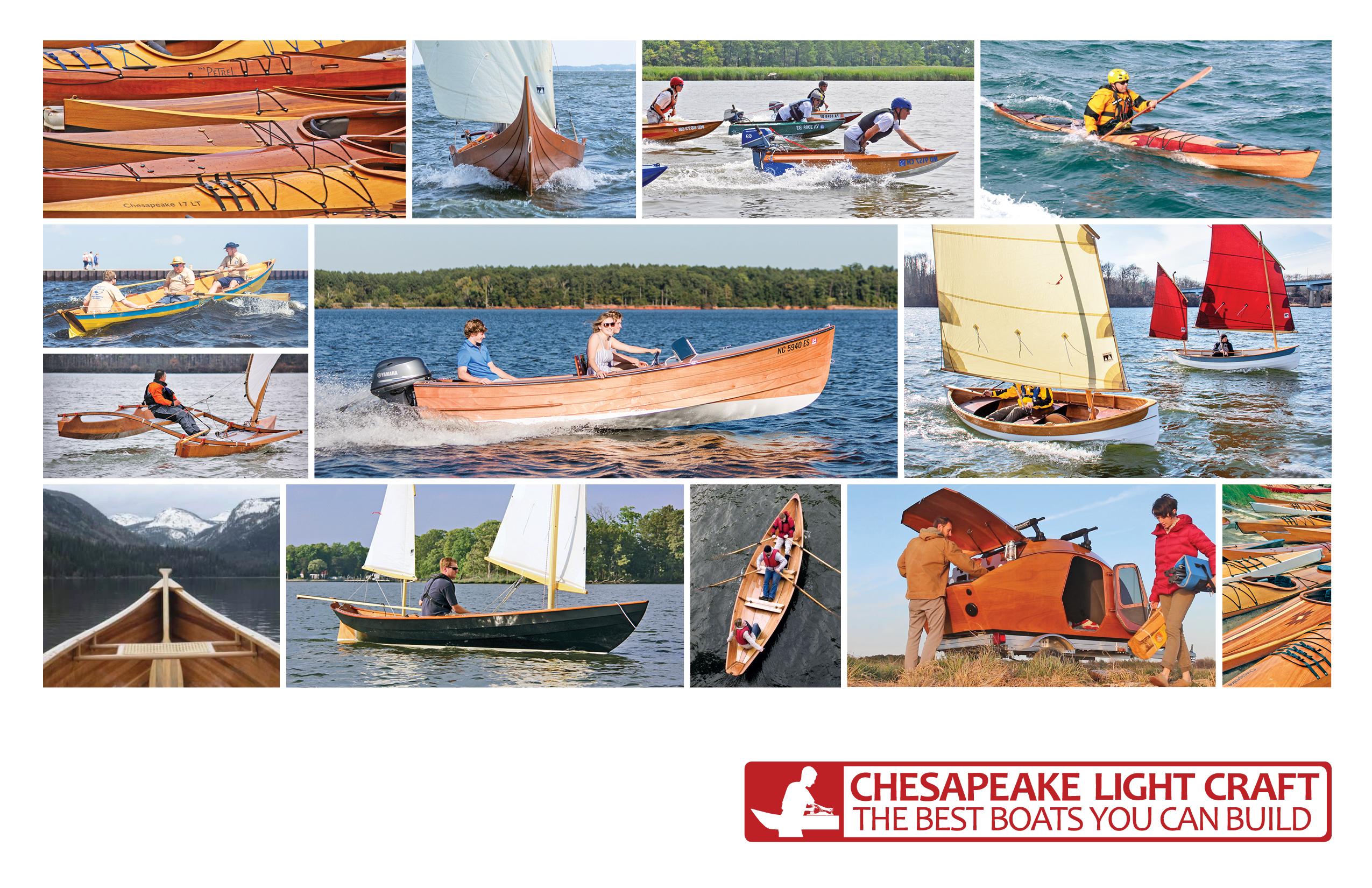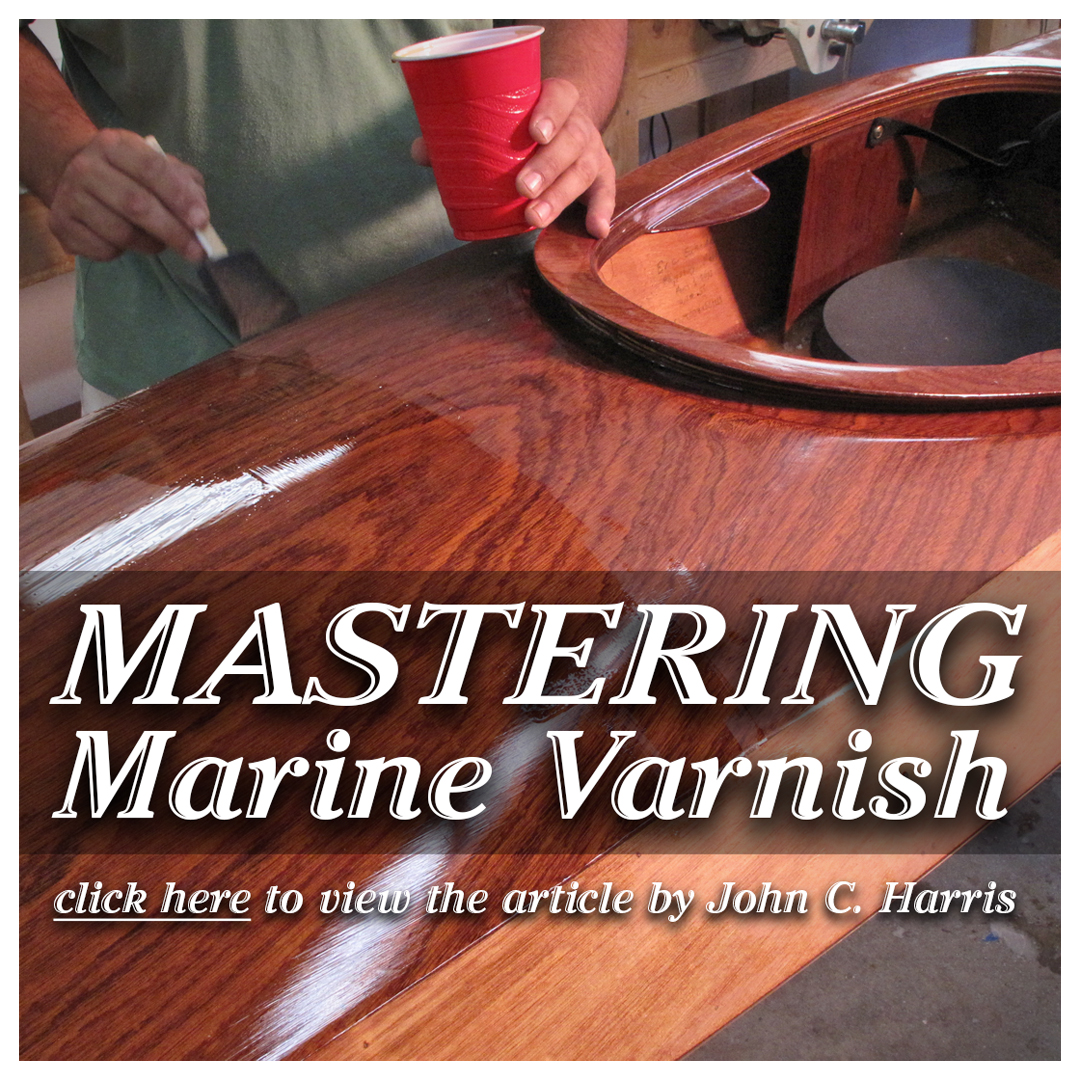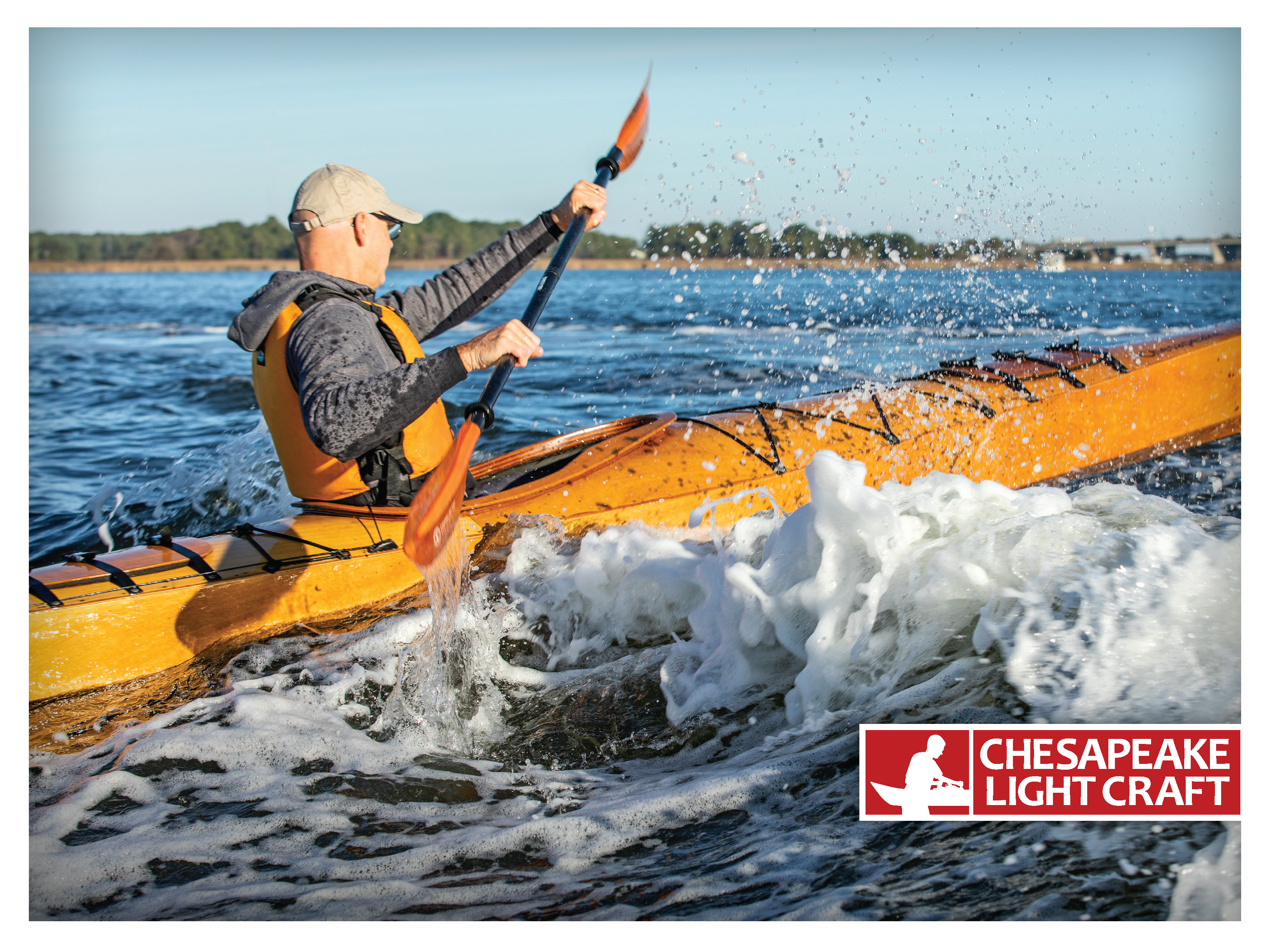Builders' Forum Archives |
Annual Reminder: Read...
Posted by Robert N Pruden on Feb 3, 2006
Sea.Kayaker's book, "Deep Trouble".
It's time for me to send to y'all my annual reminder to paddle safely. I seem to have started this tradition a few years back (not sure why, but it may have something to do with my rep as a developing Canadian wilderness paddler:D ).
A new year has come and there are quite a few new builders and paddlers and probably "lurkers" (c'mon, y'all know who you are) who NEED to hear my message. The sport of sea kayaking in it's simplest most basic form has inherent dangers that you need to be aware of. Those dangers are ignorance and complacency and they are the worst killers of sea kayakers, both newbie and experienced. Whether you are a newbie or have 30 years experience, one brief distraction is enough to cause you to flip your boat in dangerous waters( read Chris Duff's "On Celtic Tides" http://www.amazon.com/gp/product/0312263686/102-1118485-0369758?v=glance&n=283155) or to get you into rip tides or strong river currents that can take you and your boat into oblivion.
Sea kayaker Magazine published "Deep Trouble" in 1997 to teach us of the inherent dangers of ignorance and complacency while paddling. I have read the book twice and I am due to read it again. I urge y'all, newbies and experienced alike, to join me in rereading that which we should have burned in our brains - information to remind us to instinctively know when we are headed for trouble and to back out with respect before we get to the point of no return. I freely admit that I got to the point of no return back in 2002 and almost paid the ultimate price out of ignorance and more exactly: laziness - another form of complacency. Read my story at Bryan Hansel's site if you need to read something more real than what you would find in "Deep Trouble". http://www.nessmuking.com/saskatchewan.htm Email me if you want more reality.
I recall being warned that I was too green to do my trip when I first spoke about it in 2001, especially by Brianne. I ignored all warnings but did take to heart that I should paddle warily into the unknown. That didn't help me while I was plunging headfirst into a major whirlpool that was deep enough for me to stretch out my full body length while slowly drowning. What I had on my side that fateful day was my physical health. What I didn't know what just what my emotional limits were for survival. They were both tested to the max. I learned that I could depend on my instincts to find a way out of deep trouble. Bear in mind that at the time of my run over that old class 6 rapid (by def: 50% chance of death; 100% chance of equipment damage) I was very fit, a marathon runner (5 completed Vancouver International Marathons under my belt), former hockey (14 years) and lacrosse player (4 years - important so that you know that I was used to being knocked around) and a generally capable kind of guy (again, important for thinking a way through a tough spot, even while slowly drowning).
That said, ask yourself if you know what your limits are. If you have gut wrenching feelings that you are taking on more than you seem to understand: BACK AWAY GRACEFULLY! There is no harm in backing off, learning more via experience on calmer waters, then trying again later when your confidence levels are higher and based on solid experiences. Paddlers with 30 years experience made it that far because they know how to back off when the going seems too much.
If you want a real-life waker-upper, go to the following link and see just what that rapid did to my kayak to understand what I went through: http://www.amazon.com/gp/product/0070084998/102-1118485-0369758?v=glance&n=283155
Am I preaching: you betcha! I truely desire that all who want to paddle a sea kayak enjoy the experience as fully as possible. I also want to scare away those folks with flippant attitudes who think they are invincible and that kayaking if a piece of cake. Kayaking is easy, very easy, but only until you get into trouble. Then it becomes a life-or-death situation. You never really know until the situation presents itself. My bet is that most of us have had situations where we weren't sure if we were gonna make it out of trouble.
Kayaker deaths affect the entire kayaking community: we all grieve for those who die while paddling, but we also lament for the idiots who think they can paddle without concern for their surroundings and die: they give sea kayaking a bad name. In that commonly but slightly modified phrase, said more often by survivors, "Darwin selects them".
Will you be Darwin's next choice?
The beauty of kayaking is that we get the opportunity to play as the otters play in water and we come closer to true wilderness than we would otherwise without really disturbing the environment we paddle through.
Annnnnd finally, to the boys at CLC - thank you so much for allowing us to participate in a great forum. Your continuing support for this site grants all of its participants a boon for better building and safer paddling.
Robert N Pruden
Deep trouble
Replies:
- Oops! by Robert N Pruden on Feb 3, 2006
- Re: Annual Reminder: Read by CLC on Feb 3, 2006
-
Re: Annual Reminder: Read by Gober on Feb 3, 2006
- Re: Annual Reminder: Read by James Eager on Feb 3, 2006
- Re: Annual Reminder: Read by Robert N Pruden on Feb 4, 2006
- Re: Annual Reminder: Read by James Eager on Feb 5, 2006
- Re: Annual Reminder: Read by Robert N Pruden on Feb 5, 2006
- Re: Annual Reminder: Read by James Eager on Feb 5, 2006
- Re: Annual Reminder: Read by Robert N Pruden on Feb 4, 2006
- Re: Annual Reminder: Read by James Eager on Feb 3, 2006
-
Re: Annual Reminder: Read by Gober on Feb 3, 2006












